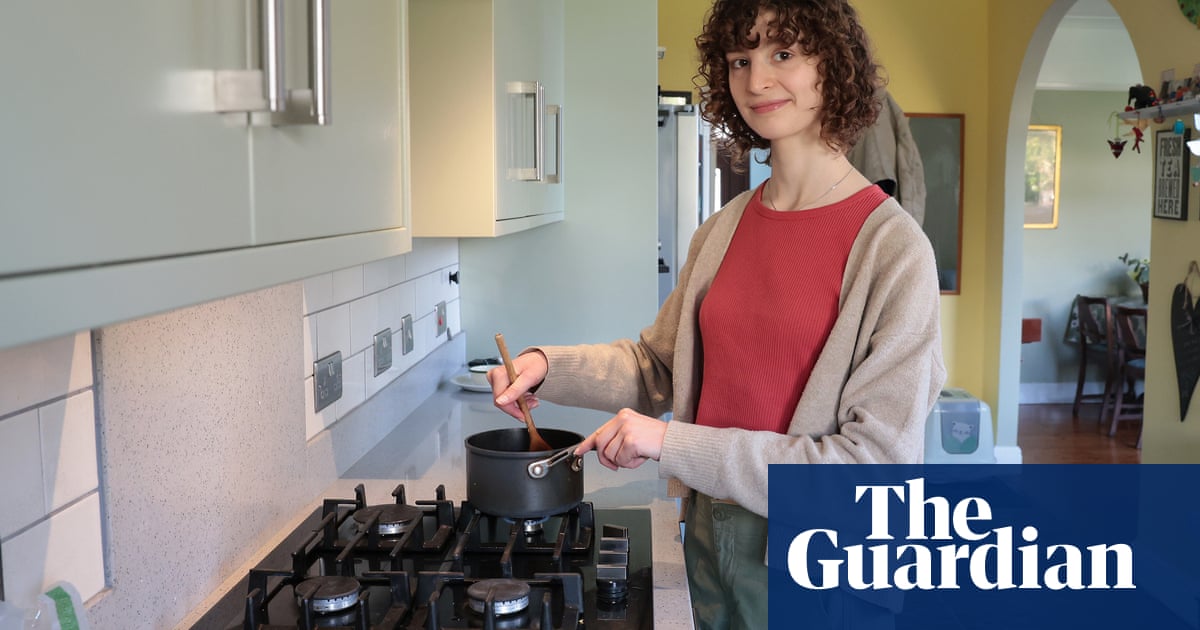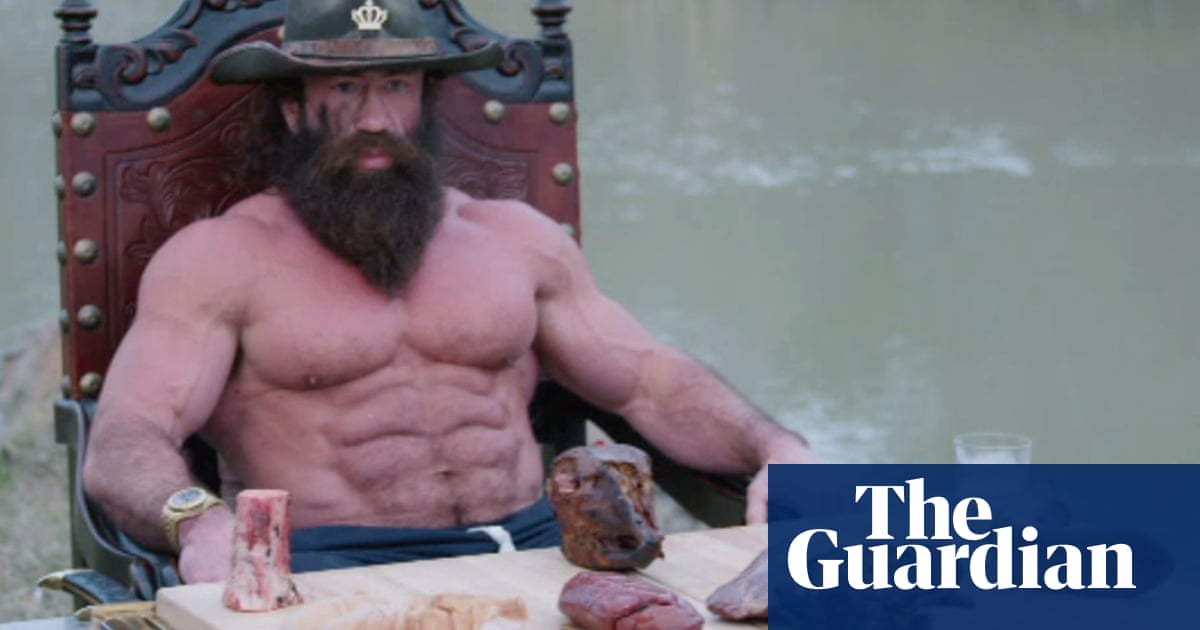My daughter is crying. She is holding a tiny red London bus, one of her favourite toys, and the terrible thing that has happened to her is that she has smashed our television with it. The screen is completely destroyed, with a central impact now radiating a small spider web of white lines, within a larger morass of jagged, blocky blues, greens and purples that crowd out the picture on its surface.
I am too stunned to move, the impact having happened so fast that I’ve yet to process it at all. My first thoughts, such as they exist in this zen-like state of paralysis, are of the immediate financial cost of what she’s done. Thus, the denial phase of grief kicks in swiftly. I switch the TV off, perhaps hoping the very clearly annihilated screen is a signal fault. I turn it back on, dismayed to discover that no, this was not an emergency broadcast from Smashed Telly Gold +1; my two-year-old has just managed to do £400’s worth of damage in two-fifths of a second.
‘I think the TV is broken,’ my son contributes, helpfully, as I try to tamp down the swelling panic in my chest. There’s just the three of us in the house, as my wife is out for the evening. It’s 6pm on a Tuesday and, since there’s no use ruining her precious time away when there’s nothing she can do about the situation, I call her anyway. She suggests I turn it on and off again and I do this, again, thinking that maybe just maybe I will get better results this time. I do not. My daughter is now clamped to me, her sorrows already over, pointing at the object she has destroyed and saying, ‘TV broken!’ with the cheery bemusement of someone with a spotless conscience.
I share a photo of the carnage on the family WhatsApp group and remember afresh why I tend not to do this when something bad but mildly funny happens. My siblings are plainly very amused, not least by my daughter’s utter lack of remorse. ‘No TV!’ my sister Dearbhaile says. ‘Is it like living in the olden days?’. ‘Yes,’ I reply, ‘in the sense that I want to send my child to do hard labour in Australia.’ When my father calls, he is sympathetic, but I detect an eerie serenity in his voice. It is at this point that I remember all the things I broke in childhood; the golf club I snapped by using it as an improvised pool cue; the shelves and lamps I pulled down through miscellaneous horseplay; the welts, fractures and prangs I installed in every car he ever owned through playing football, daily, while using our garage door as an improvised goal. He has, in a sense, been waiting 39 years for me to get a taste of my own medicine, and I offer a belated apology, in advance, for all those misdeeds.
‘Oh those weren’t so bad,’ he says, as I unclench, hoping to settle in for a benevolent sermon on compassion and forgiveness towards a destructive child. ‘No,’ he tells me, ‘the worst was what you did to the caravan. Actually, no, you broke the kitchen window twice and that was pretty bad. See, the problem with you was…’

 3 months ago
41
3 months ago
41













































